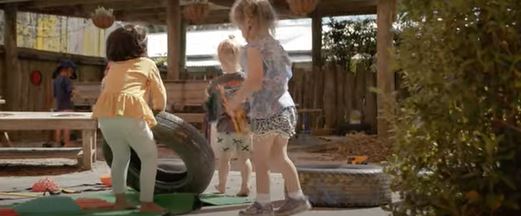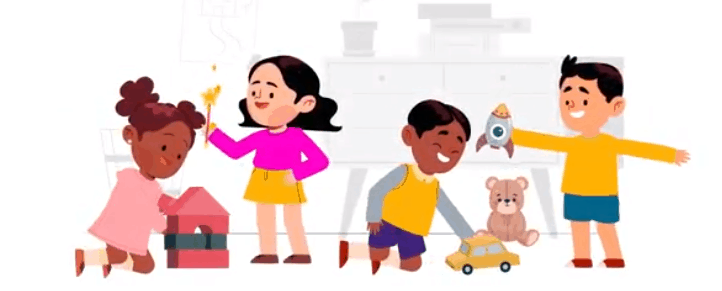theteam@theeducationhub.org.nz
Postal Address
The Education Hub
110 Carlton Gore Road,
Newmarket,
Auckland 1023
Play pedagogies offer children opportunities to learn in developmentally appropriate ways, and are associated with a range of positive personal, academic and social outcomes.

Blocks and construction materials provide rich opportunities for cross-curricular learning.

Challenging and risky play provides multiple opportunities for physical and social emotional learning.

The benefits of open-ended resources and environments for supporting learning and exploration.

Opportunities for exploration and risk-taking supports children’s resilience, perseverance and confidence.

Valuing children’s right to advocate for their own and others’ ideas.

A short introduction to the importance of play in ECE